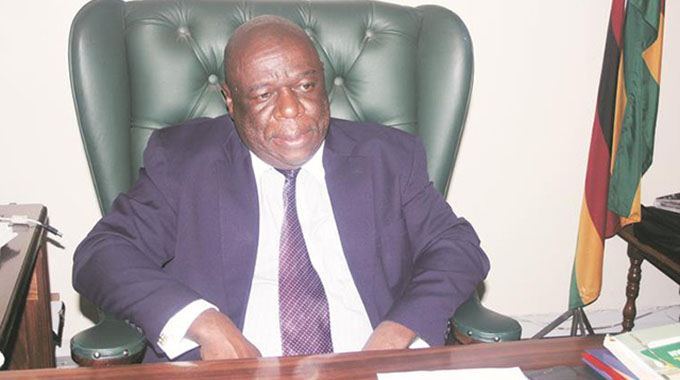Source: Parly targets to pass 12 Bills | The Herald
Zvamaida Murwira
Senior Reporter
Parliament is determined to pass at least 12 Bills that were spelt out by President Mnangagwa when he officially opened the Third Session of the Ninth Parliament last year, an official has said.
In an interview, Clerk of Parliament, Mr Kennedy Chokuda said Parliament will race to dispose the Bills once Government relaxed the lockdown.
“His Excellency, the President, in his State of the Nation Address outlined the legislative agenda for the current session. We will obviously prioritise the Bills once we resume business in earnest,” said Mr Chokuda.
Some of the Bills to be prioritised are the Cyber Security and Data Protection Bill, Centre for Education, Innovation, Research and Development Bill, Marriages Amendment Bill, Pensions and Provident Funds Bill, Zimbabwe Independent Complaints Commission Bill and Constitution Amendment No.1.
Others include Forestry Amendment Bill, Mines and Minerals Amendment Bill, Parks and Wildlife Amendment Bill.
Mr Chokuda said passage of the Bills would go a long way in making sure Government pursued its national objectives aimed at achieving Vision 2030.
One of the Bills whose delay has stalled national goals is Constitutional Amendment Bill (Number 2) which will give impetus to Government’s devolution agenda.
One of the major objectives of the Bill is to remove legislators from Provincial Councils so that they are not in conflict with their oversight role.
Passage of the Mines and Minerals Bill will put to rest conflicts that have existed for a long time between miners and farmers where minerals would have been found on agricultural land.
The current law gives precedence to mining activities, a situation which many argued had adverse effects on the land reform programme.
President Mnangagwa withheld his assent in 2019 on the initial Bill after he felt it was not consistent with the letter and spirit of the Constitution.
The Marriage Amendment Bill, which has been outstanding in Senate for a long time seeks to give impetus to the marriage institution by removing bottlenecks that were found to exist in unions.
Passage of the Bill has been stalled by disagreements between traditional leaders and the Government on payment of lobola.
Government included a clause which, while recognising the importance of lobola said failure to pay bride price could not be used as a barrier to solemnised unions.
This did not go down well with traditional leaders led by Zimbabwe Council of Chiefs president Fortune Charumbira who felt that lobola was the cornerstone of any traditional marriage.
The two parties have agreed to engage each other outside Parliament to iron out differences.
Older Post
JUST IN: Zera announces fuel price increase 
COMMENTS